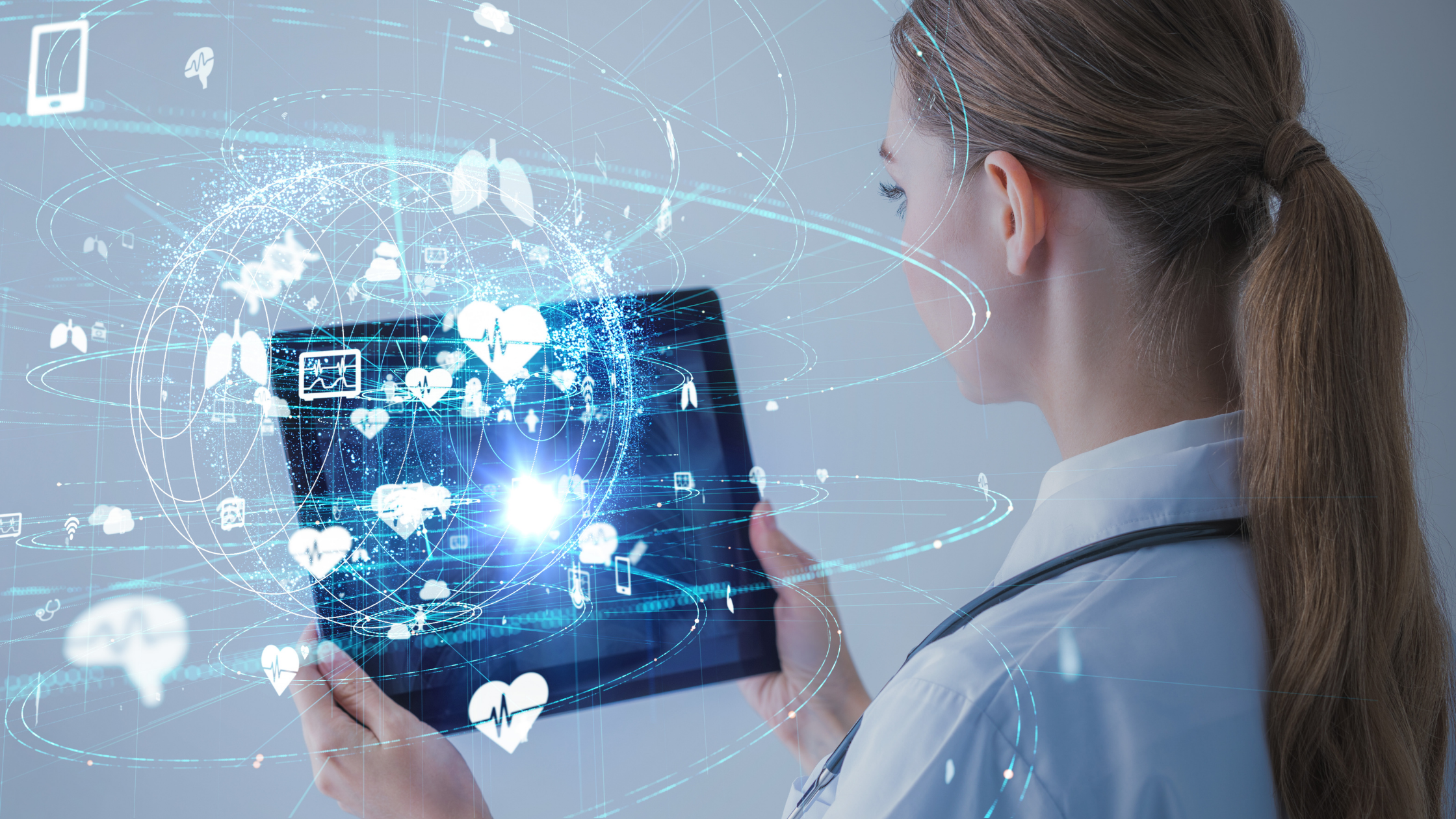
How Technology is Being Integrated into the Healthcare Industry
The future of healthcare is transforming right before us with key advances in digital healthcare technologies, healthcare information technology, Virtual Reality/ Augmented Reality (VR/AR), and nanotechnology, among others. The integration of healthcare information technology (IT) into primary care consists of a variety of electronic methods which are utilized in managing information about people’s health and healthcare. Incorporating technology in the healthcare industry is improving the quality of care, and also making healthcare more affordable for patients. Here is how technology is being integrated into the healthcare industry.
Artificial Intelligence
Artificial Intelligence (AI) has the power to completely transform the healthcare industry. AI techniques possess the ability to mine various medical records, design treatment plans, and manufacture drugs faster than any other actor within the healthcare industry. For instance, a company like Atomwise has used supercomputers to root therapies from a database of molecular structures.
Atomwise developed a machine learning-based discovery engine that combines the power of convolutional neural networks with massive chemical libraries to discover new small molecule medicines. Through a search for a possible Ebola cure in 2015, the company found two predicted drugs using their AI technology. This essentially shows how AI technology is positively being integrated into the healthcare industry with positive outcomes.
Reminders
Healthcare facilities and healthcare professionals used to remind people of upcoming appointments via calls. Later, people advanced to robo-calling options where a robot could automatically make a call to remind a patient about their upcoming appointment. However, today’s patients usually receive their much-needed reminders via email as well as text messages.
The new technologies provide an interactive option for patients where they can even ask questions and set their preferred time by clicking a link inside an email. Also, there are facilities using apps, where customers can confirm their appointments. This streamlines the process and keeps everyone on the same calendar page.
Big Data
Big data has found its way into the healthcare industry and is having a major impact on how various processes are undertaken. Big data allows clinicians to gather data and information within a minimal time. For those that are conducting epidemiological studies, clinical trials, and medical research, digital technology allows for instant collection of data from a diverse as well as larger population than ever before. This form of data collection makes it possible to conduct meta-analysis and allows healthcare professionals to stay on top of cutting edge techniques and advancements.
Personalized Healthcare
The assumptions of mass production in the healthcare industry are changing continuously. For instance, currently, 3D printers are designed to make objects of any shape and their cost has been lowered significantly. With the current technology, it is possible to make titanium implants of the right size and shape. At this point, personalized healthcare takes an interesting technological imperative.
For personalized healthcare, there are population-sized markets and instead of selling these developments to clinicians, manufacturers can directly sell to individuals. Going forward, it is highly envisaged that custom drugs will be manufactured, which are customized to specific patients and genetic makeup.
Diagnostic and Error Reduction
The healthcare industry is now using a variety of tech tools to combat one of its major challenges: incorrect as well as overdue diagnosis. By incorporating technology into genetics, pathology and other critical diagnostic fields, healthtech companies have helped detect deadly diseases like cancerous cells earlier and with greater accuracy than just relying on human detection.
Contact us to learn more information.



